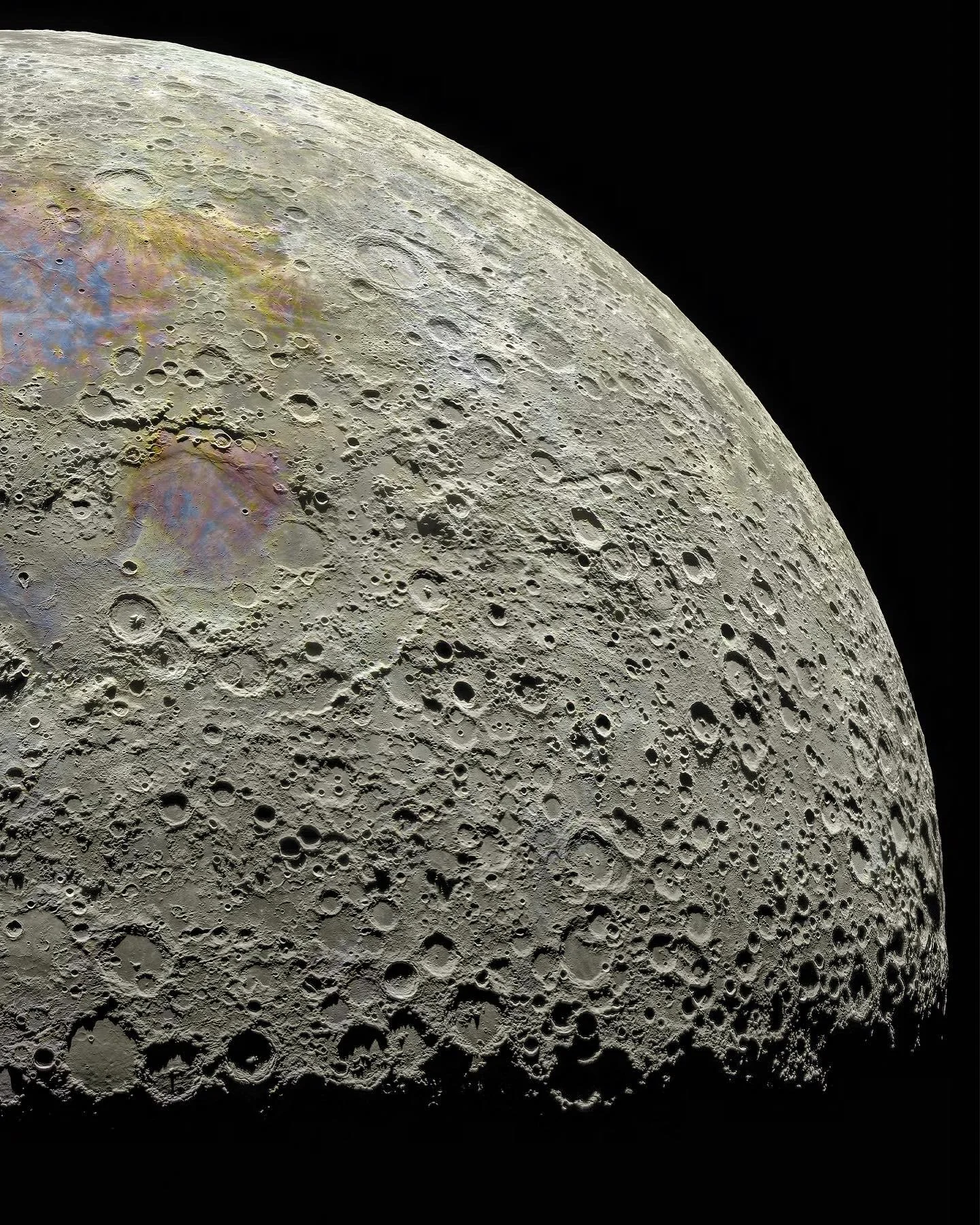this post was submitted on 23 Jun 2024
600 points (98.7% liked)
Astronomy
4513 readers
73 users here now
founded 3 years ago
MODERATORS
you are viewing a single comment's thread
view the rest of the comments
view the rest of the comments



I don't know anything about moon pictures, my best attempt was not great
But how did they composite 81,000 images without worrying about atmospheric lensing distorting the proportions as it moved across the sky for 4 days? Is it just negligible?
They didn't. What they did was take 81,000 images and then filter through, them taking the best images of each region of the Moon and then averaging and compositing those.
It isn't 81k images stitched together. It's 81k images taken in the hopes of getting enough with perfect clarity to create the composite.
Is that just the Samsung smart camera composite?
The Samsung moon actually just makes up a plausible looking moon, which is hilarious given that the moon essentially doesn't change, so they could have just overlayed reference images. Instead, you get features on the moon that don't exist.
Huh? Nah it's an old Canon 1300D. I had to hold the tripod still with sandbags while it took.
My comment was mostly sarcasm. https://www.theverge.com/2023/3/13/23637401/samsung-fake-moon-photos-ai-galaxy-s21-s23-ultra
Cool that you used a "real" camera to do it. Just the experience of doing that is satisfying even if the photos don't come out great.
Then we appreciate the Nasa images more
Good question.